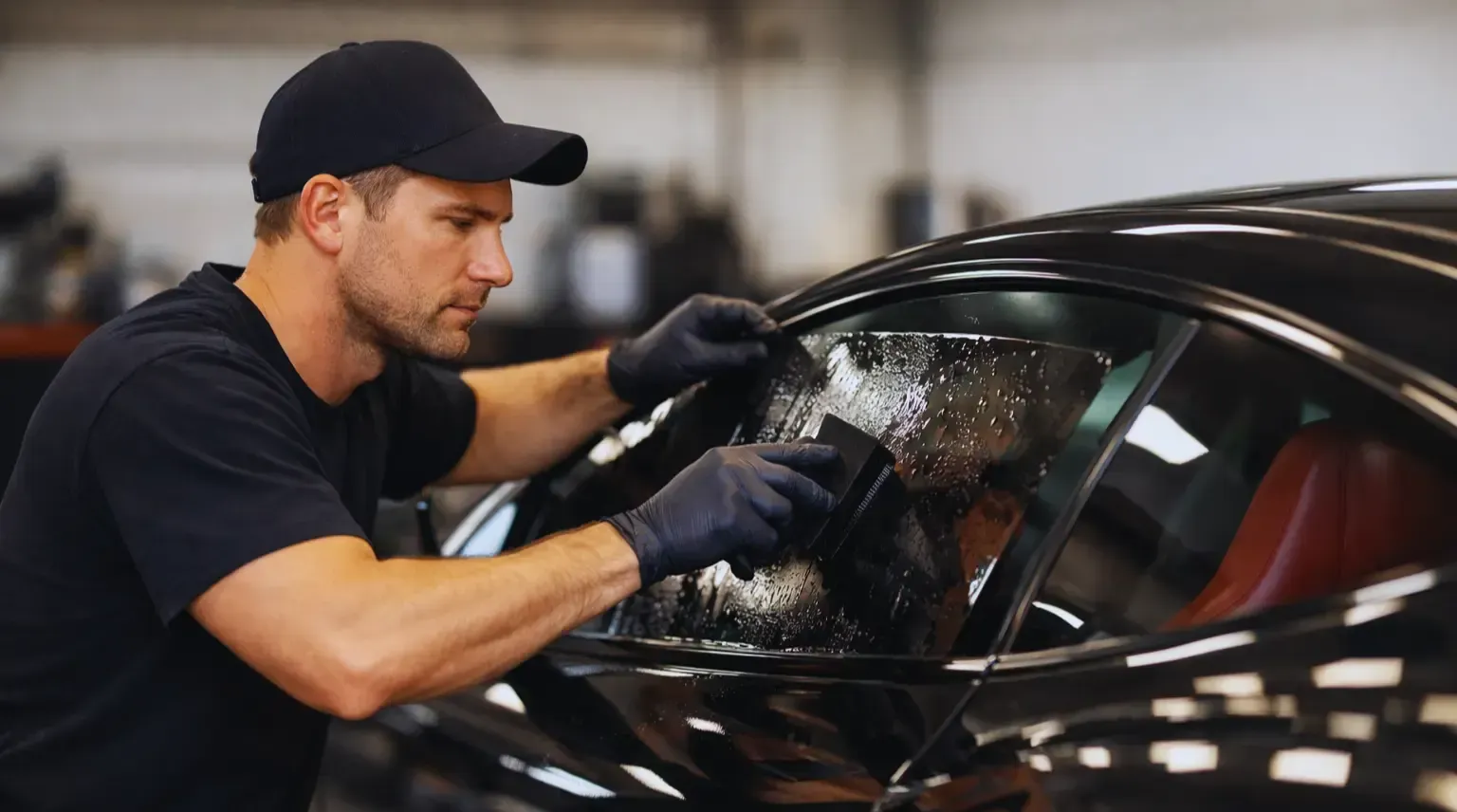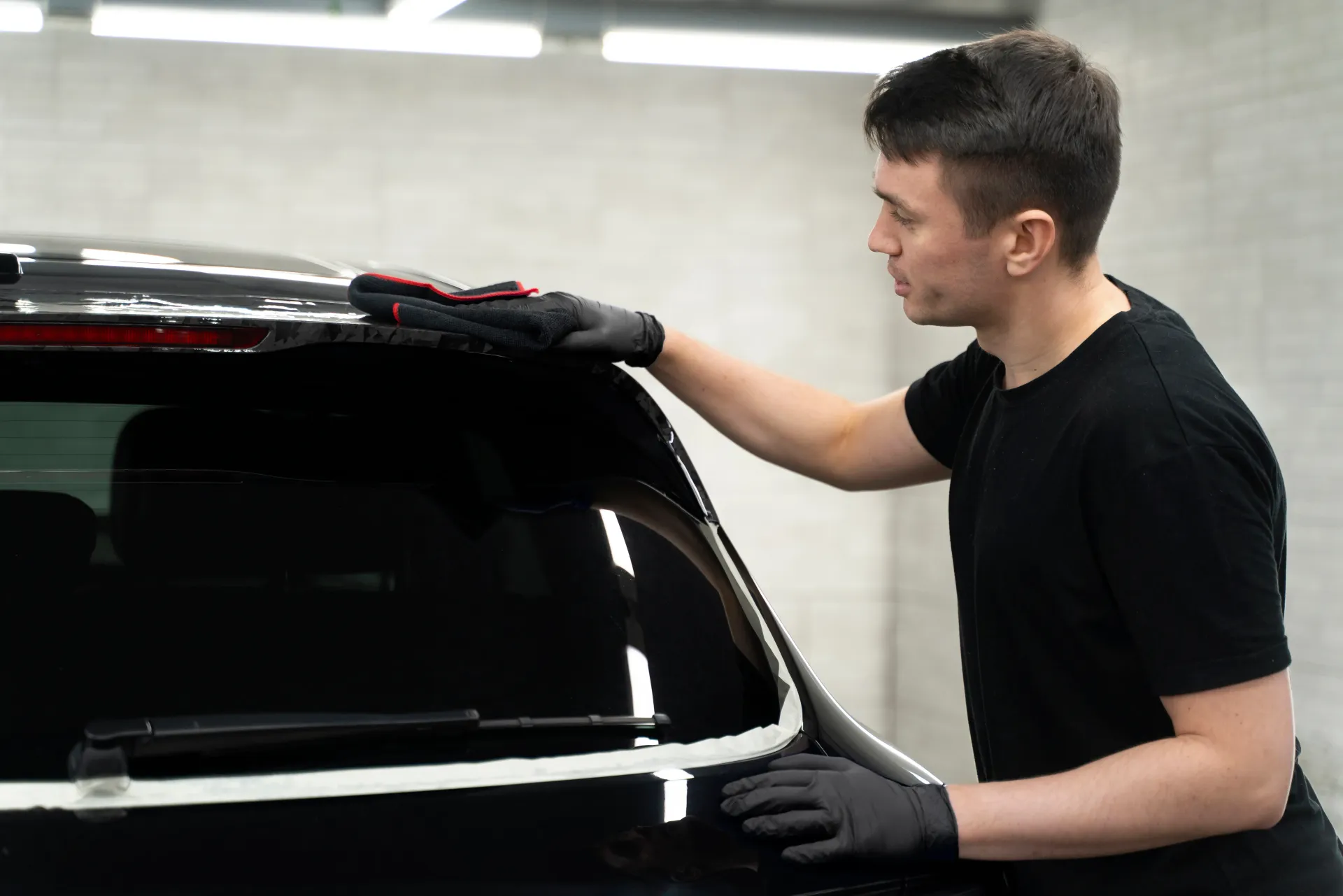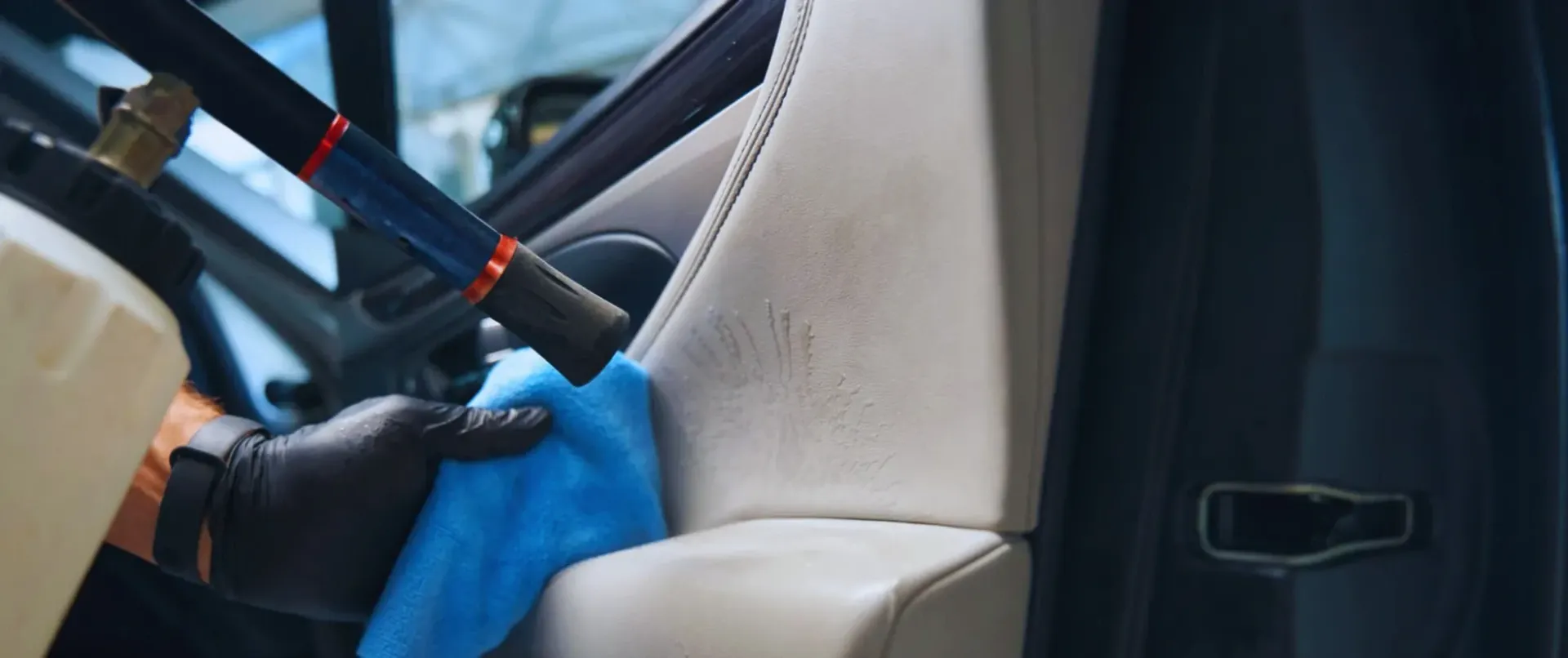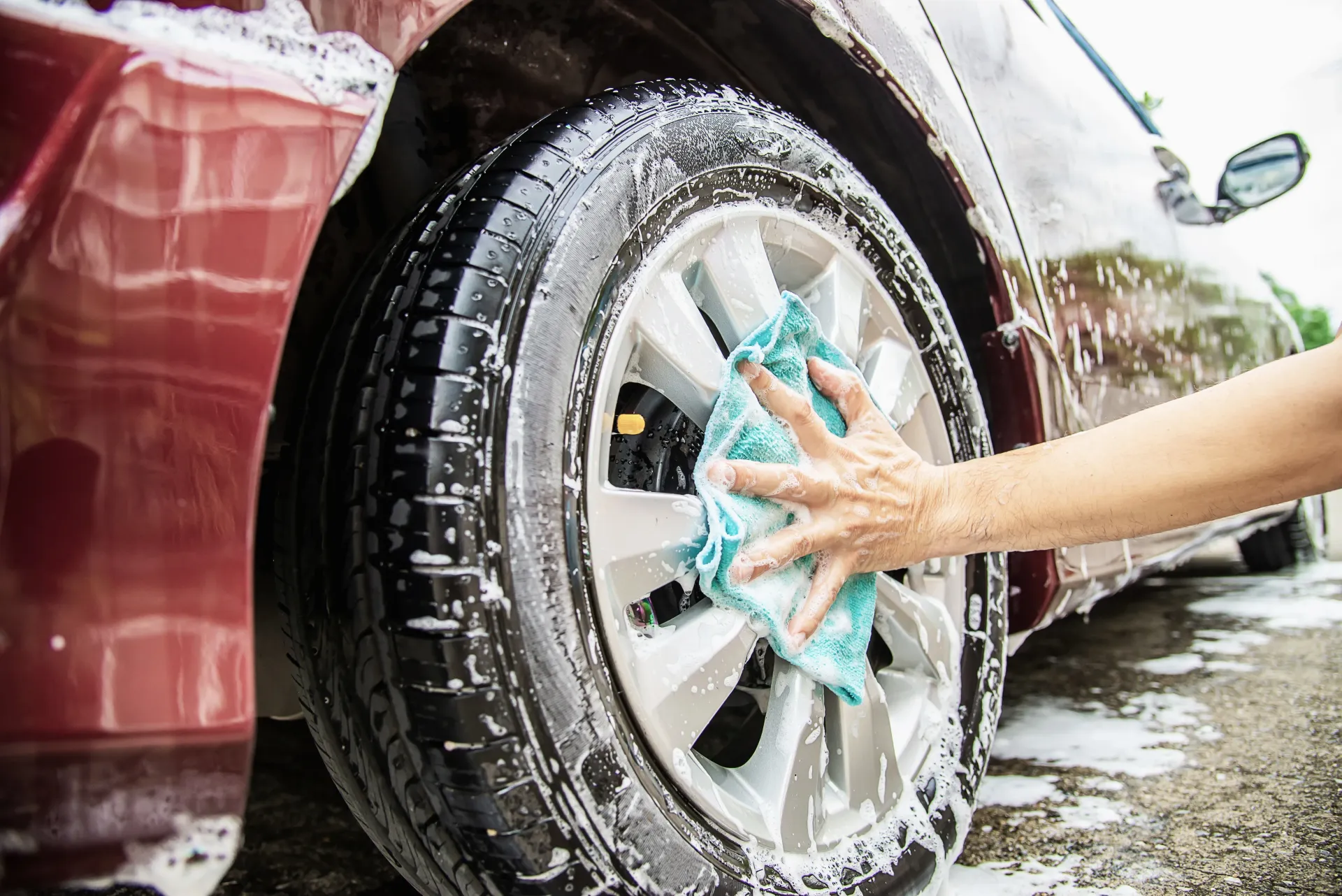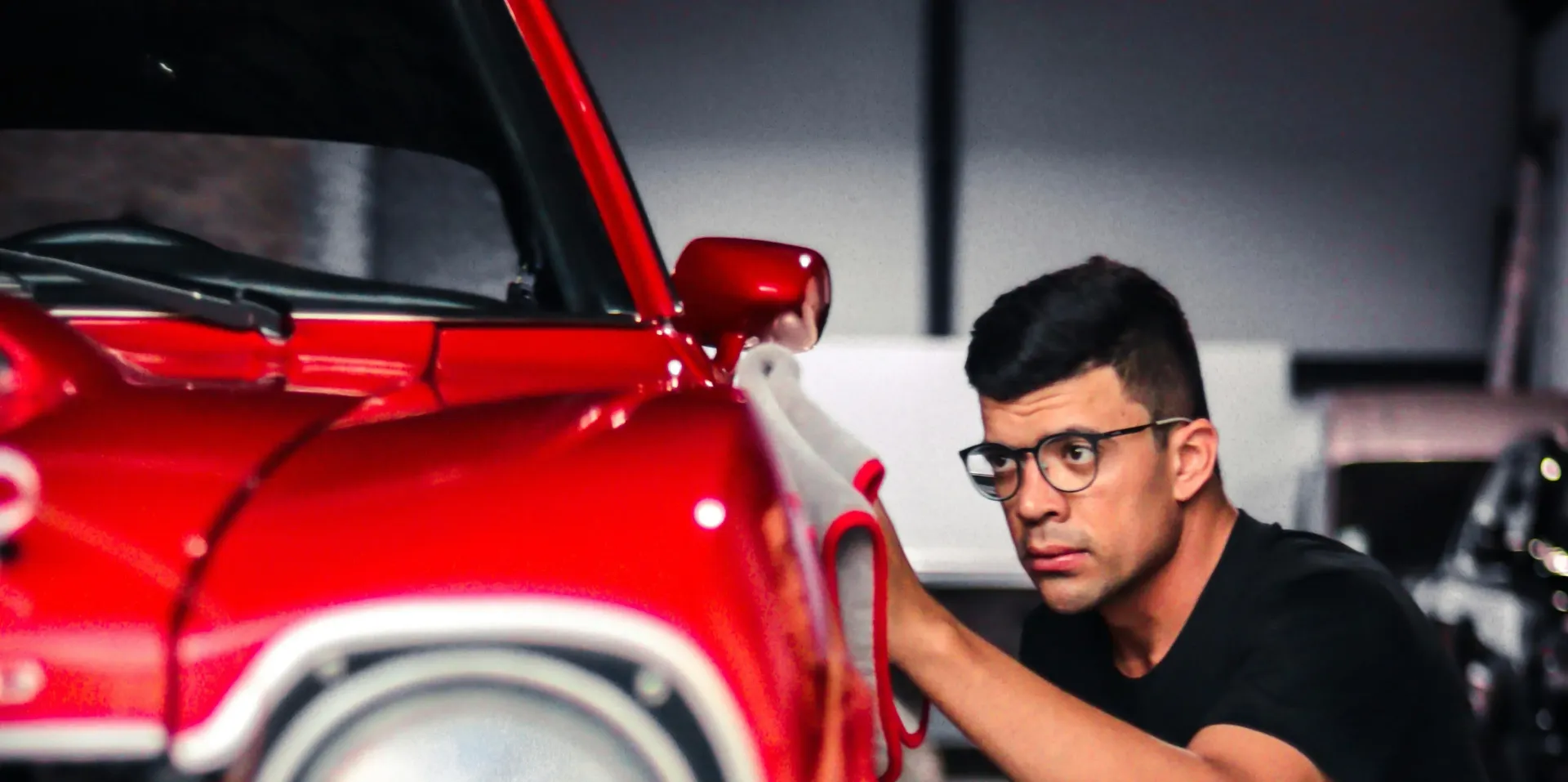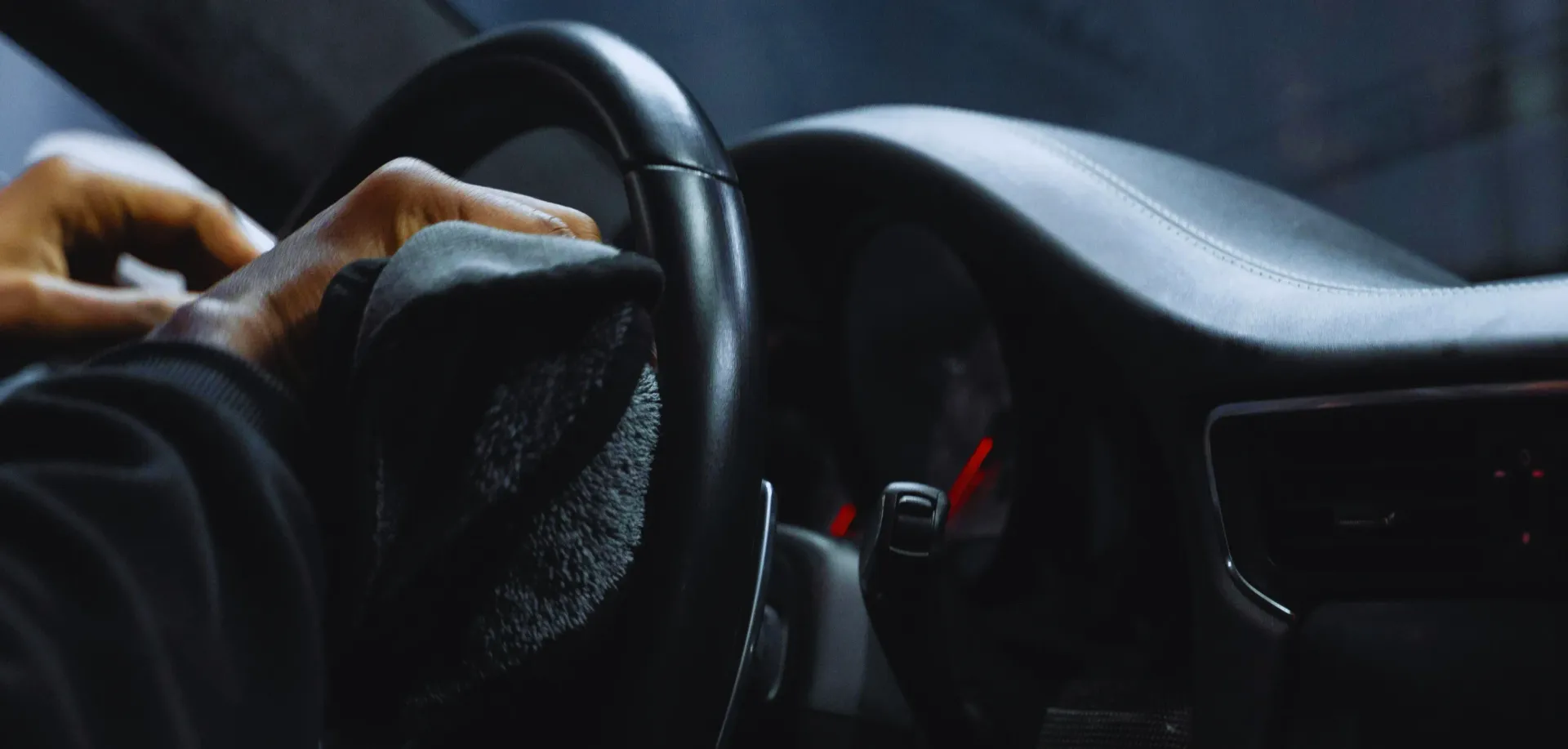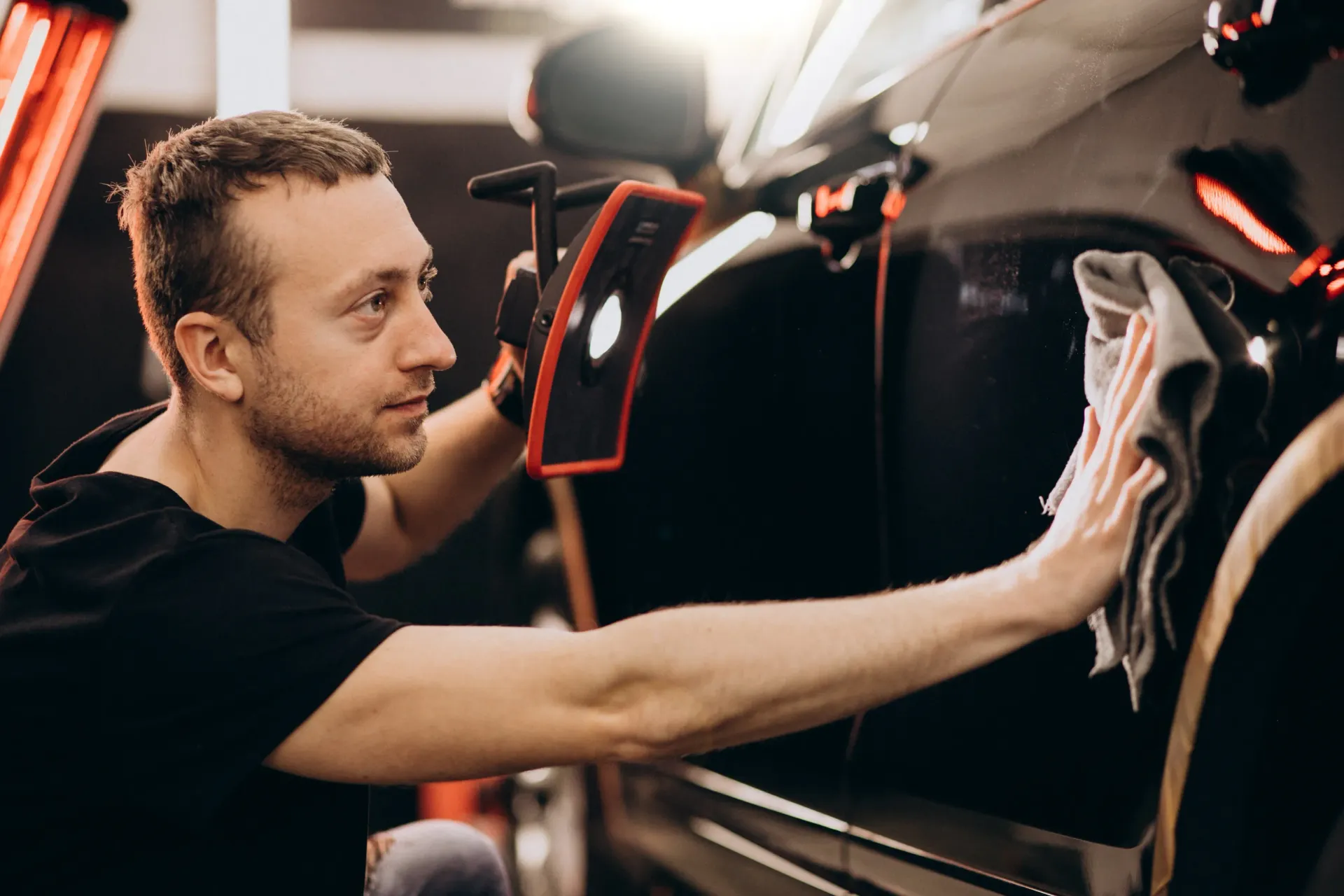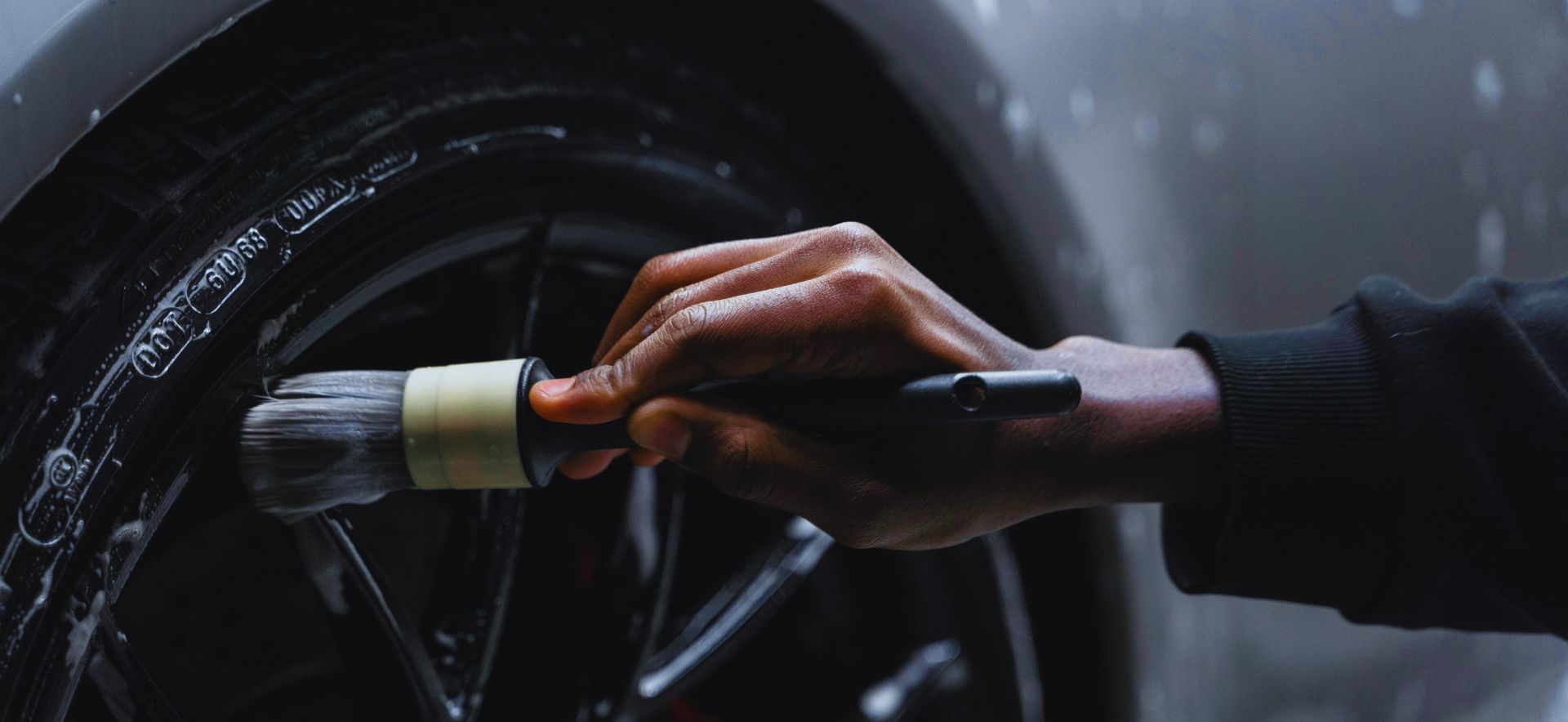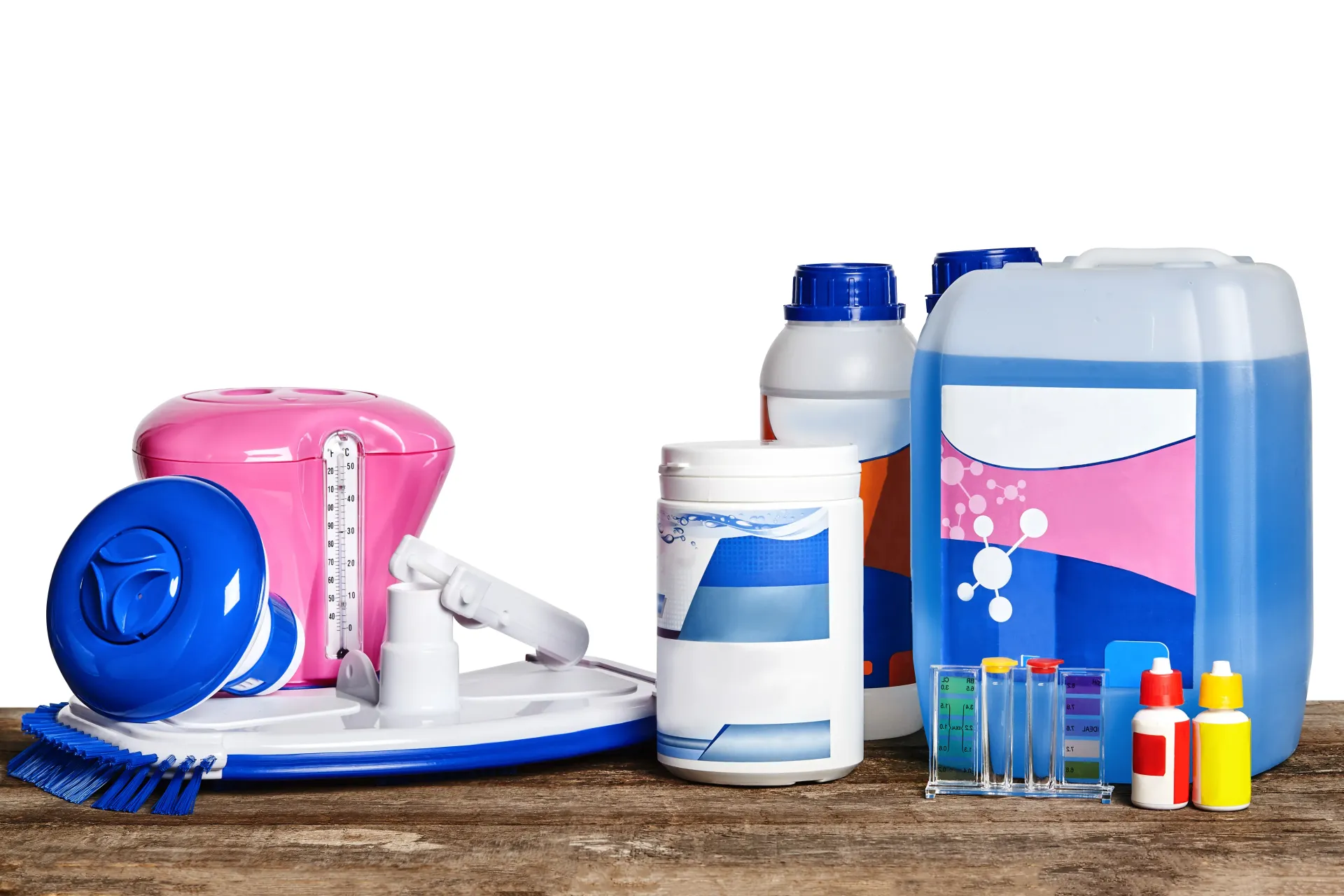Shine Different: How to Choose the Right Window Tinting for Your Home or Car
Whether you're cruising down the Las Vegas strip or relaxing in your living room, the sun’s glare and heat can be relentless. The right window tinting is more than just a style upgrade; it's a smart investment in comfort, privacy, and protection for both your vehicle and your home. But with so many options, how do you choose the perfect film? This guide will walk you through everything you need to know about selecting the right window tinting and the importance of professional detailing.
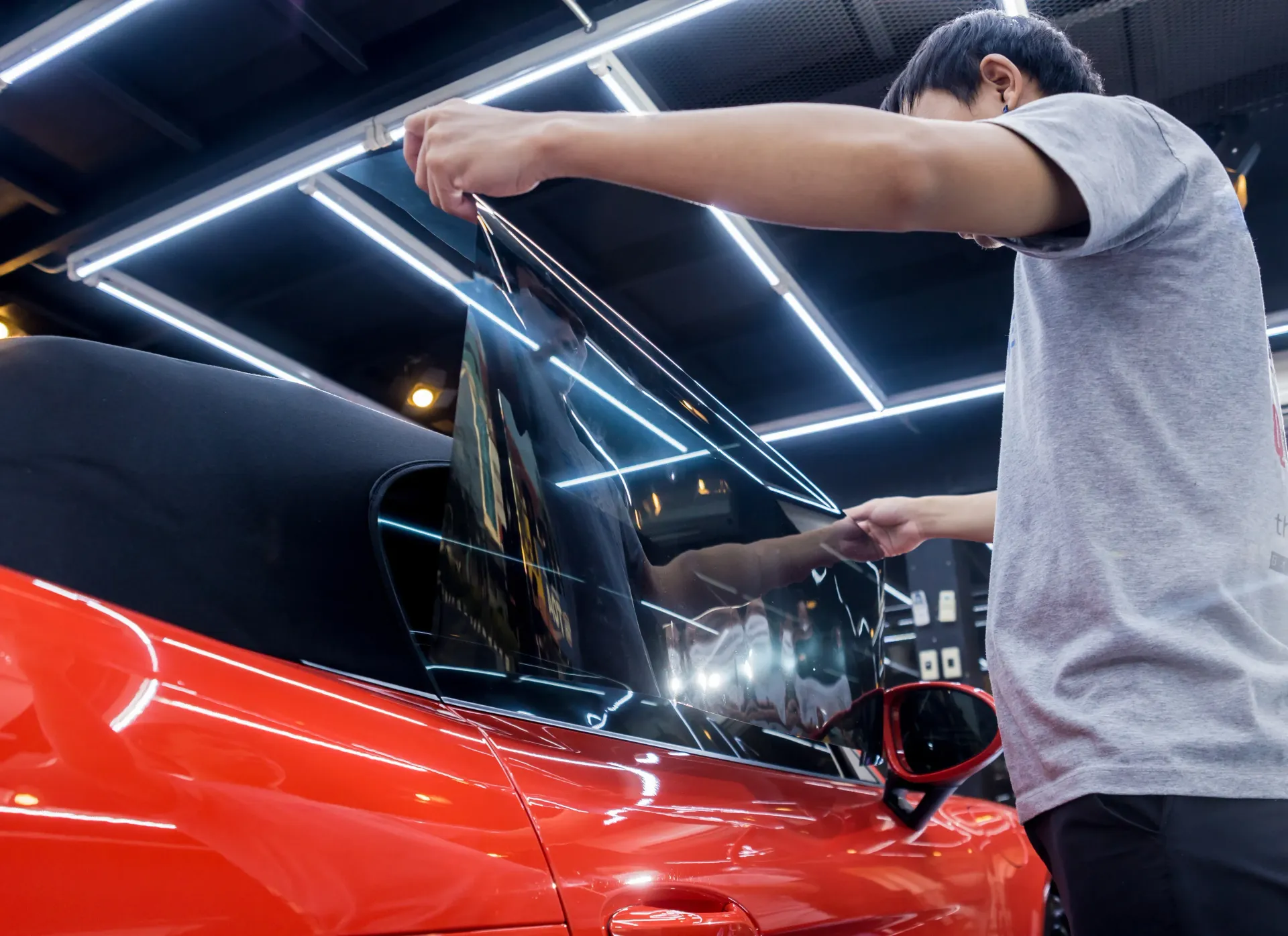
Why Bother with Window Tinting? The Undeniable Benefits
Modern window films offer a surprising range of advantages that go far beyond aesthetics. A quality tint job is a functional upgrade that enhances your daily life.
- UV Ray Protection: High-quality window films can block up to 99% of harmful UV rays. This protects your skin from sun damage and prevents the upholstery in your car and the furniture in your home from fading and cracking.
- Heat Rejection & Energy Savings: A major benefit, especially in sunny climates, is the reduction of solar heat. Tinted windows can keep your car and home significantly cooler, reducing the need for air conditioning and potentially lowering your energy bills.
- Enhanced Privacy & Security: Tinting provides an extra layer of privacy, making it more difficult for prying eyes to see into your vehicle or residence. This can deter potential thieves who can't easily spot valuables inside.
- Glare Reduction: Tinting significantly reduces the sun's glare, which can be a major hazard while driving and an annoyance at home when you're trying to watch TV or work on a computer.
Decoding the Different Types of Window Tint Film
Understanding the technology behind window films will help you make an informed decision. The main types are categorized by their construction and performance.
| Tint Type | Key Features | Best For |
|---|---|---|
| Dyed Film | Most affordable option, provides a dark, non-reflective look and good glare reduction. | Budget-conscious consumers looking for privacy and basic performance. |
| Metallized Film | Contains tiny metallic particles that reflect heat very effectively. It’s also highly durable. | Excellent heat rejection and durability, but can sometimes interfere with electronic signals. |
| Carbon Film | Features a matte finish that doesn't fade over time. It offers superior heat and UV rejection compared to dyed films without signal interference. | A great all-around option for performance and aesthetics without the risk of electronic interference. |
| Ceramic Film | The premium choice, using non-conductive ceramic particles to block the most heat and UV rays without impacting electronics. It offers maximum clarity and performance. | Those seeking the highest level of performance, clarity, and durability in their window tinting. |
| Zinc | Supports immune function and plays a key role in wound healing. |
Choosing the Right Tint for Your Car
When it comes to automotive window tinting, your decision involves balancing aesthetics, performance, and local laws. Here in Nevada, the regulations are specific.
- Windshield: Non-reflective tint is allowed above the manufacturer's AS-1 line.
- Front Side Windows: Must allow more than 35% of light to pass through (at least 35% VLT).
- Rear Side & Rear Windows: Any darkness can be used.
Visible Light Transmission (VLT) is the percentage of visible light that passes through the film. A lower VLT number means a darker tint. At Sin City Detailing, we can help you choose a VLT that meets Nevada's legal requirements while achieving the look and heat rejection you desire.
Selecting the Perfect Tint for Your Home
For residential window tinting, the considerations are slightly different. While there are no state laws in Nevada restricting the darkness of home window tints, the focus is on comfort and efficiency.
- Consider the Room's Purpose: For a media room, you might want a darker tint to reduce glare on screens. For a living room, a lighter, more spectrally selective film can block heat and UV rays without sacrificing natural light.
- Aesthetics: Home window films come in a variety of shades and finishes. You can choose a tint that is nearly invisible or one that adds a reflective or decorative look to your home's exterior.
- Energy Efficiency: Investing in a high-performance film like ceramic or solar tint can lead to significant savings on your cooling costs over time, making it a wise home improvement.
The Importance of Professional Installation
While DIY kits are available, achieving a flawless, long-lasting finish requires expertise. A professional window tint installation involves meticulous cleaning of the glass, precise cutting of the film, and expert application techniques to avoid bubbles, peeling, and contamination. Here at Sin City Detailing, our experienced technicians ensure a perfect application every time, providing a clean, professional look that enhances your vehicle or home's value.
Making the right choice in window tinting can dramatically improve your comfort and protect your investment. Whether it's for your car or your home, understanding your options is the first step.
Ready to upgrade your ride or residence with premium window tinting? For expert advice and professional detailing services in Las Vegas, NV, contact the team at Sin City Detailing. Call us today at 702-530-5743 to discuss your window tinting needs!
FREQUENTLY ASKED QUESTIONS:
How long does window tint last?
Professionally installed, high-quality window tint can last for 10 years or even longer. The lifespan depends on the type of film, the climate, and how well it is maintained.
Can window tint be applied to any window?
Most glass windows on cars and homes are suitable for tinting. However, some older or specific types of residential windows (like dual-pane glass) may have manufacturer recommendations against certain films. It's always best to consult with a professional.
How do I care for my newly tinted windows?
After installation, there's a curing period of a few days where you shouldn't roll down your car windows or clean the film. Afterwards, clean the tint with a soft cloth and an ammonia-free cleaner to avoid damage.

